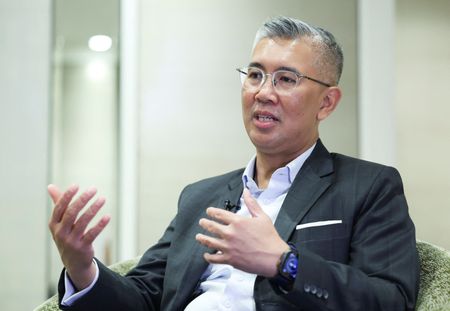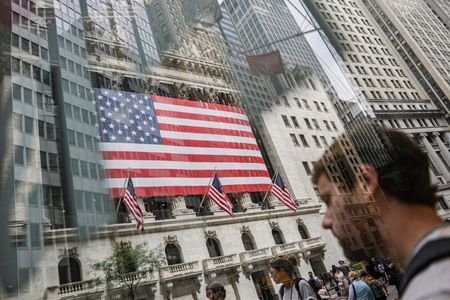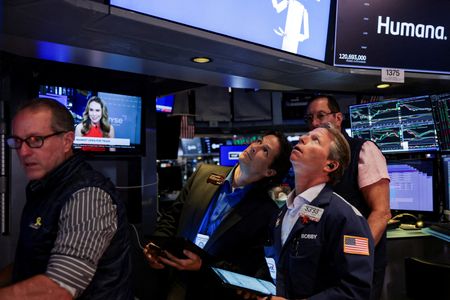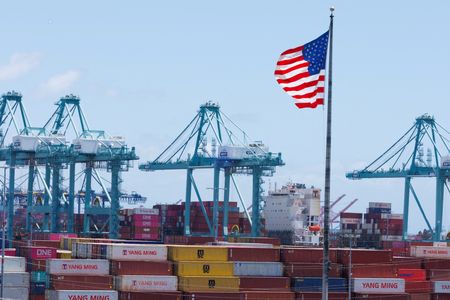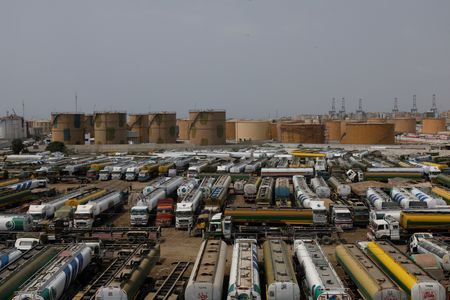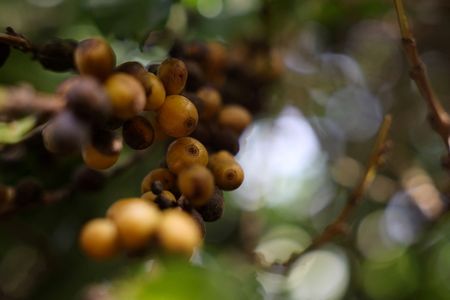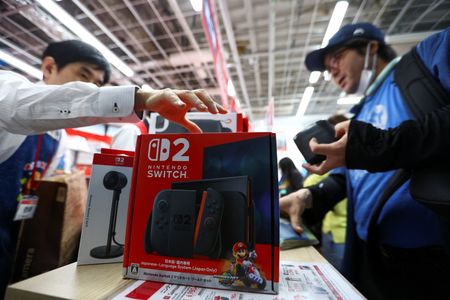By Danial Azhar and Ashley Tang
KUALA LUMPUR (Reuters) -The U.S. imposed a 19% tariff on imports from Malaysia, though Kuala Lumpur said on Friday it had secured exemptions for its pharmaceutical products and semiconductors, and that Washington was open to more cut-outs in ongoing talks.
The rate, significantly lower than a 25% levy threatened last month, came as U.S. President Donald Trump hit dozens of trading partners with steep tariffs, pressing ahead with plans to reorder the global economy.
Malaysia’s Trade Minister, Tengku Zafrul Aziz, told reporters both sides were still negotiating over the details of the deal, and would release a joint statement in the coming days.
“At this time, exports of semiconductor and pharmaceutical (products) remain at 0% (tariff rate),” he said at a press briefing.
The U.S. was also open to exempting Malaysian cocoa, rubber and palm oil, but an agreement was still being finalised, Tengku Zafrul said.
His ministry said in a statement earlier on Friday that the tariff figure had been reached after sustained engagement by both countries and that the agreement did not cross any of Malaysia’s “red lines” or compromise its sovereign rights.
Tengku Zafrul said there had been no agreement with the United States or other countries on the exclusive supply of rare earths.
“In fact, no such request has been made by the U.S.,” he said.
Gaining access to rare earth metals has been a crucial part of U.S. trade negotiations, with rival China currently in control of 90% of global processing capacity. Critical minerals were also under discussion during U.S. negotiations with Indonesia.
The minister said Malaysia had not accepted Washington’s requests to relax Malaysian halal product certification, remove excise duties for alcohol, tobacco and automotives, and loosen foreign shareholder limits for certain sectors.
“We did not compromise on export duties, blanket exemption from import licensing requirements for U.S. products, and total liberation of equity requirements for strategic sectors,” the minister said.
(Reporting by Danial Azhar and Ashley Tang; Writing by David Stanway; Editing by Emelia Sithole-Matarise and Andrew Heavens)

